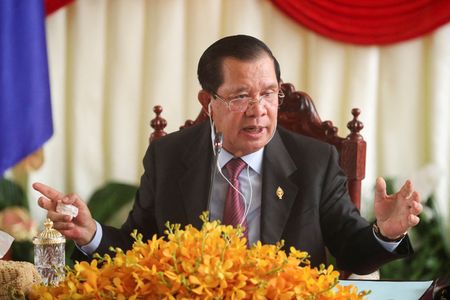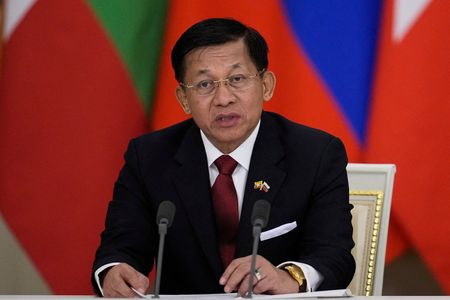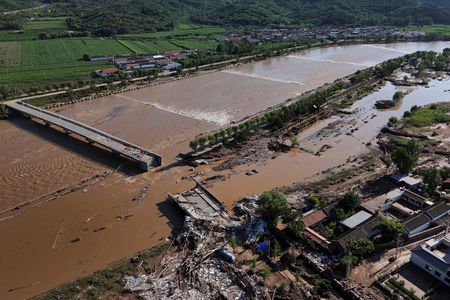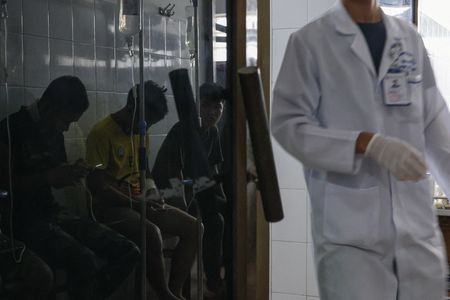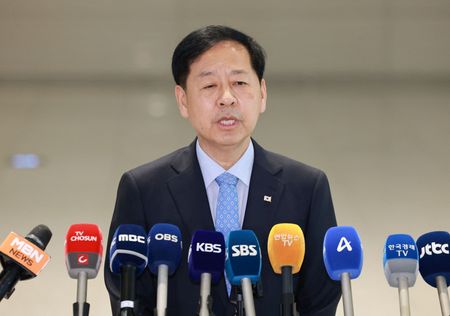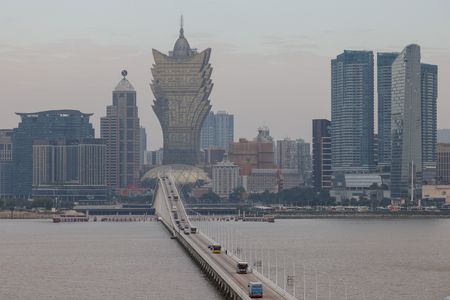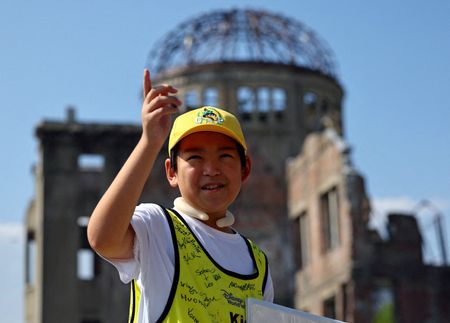BANGKOK (Reuters) – Thailand’s upcoming election could inject as much as 120 billion baht ($3.5 billion) into the economy as political parties step up their campaigns for votes, a commerce university said on Tuesday.
The May 14 election is set to reignite a long-running power struggle between a military-backed establishment and pro-democracy forces, which has already dominated elections for two decades.
“This election is likely to see a fierce competition and intense campaigns. Money will spread very quickly, going into every constituency,” Thanavath Phonvichai, president of the University of the Thai Chamber of Commerce, told a briefing.
Southeast Asia’s second-largest economy is expected to grow 3% to 4% this year, factoring in a boost of 0.5 to 0.7 of a percentage point from spending of 100 billion to 120 billion baht expected during April and May, he said.
While the tourism sector is driving the economy, political stability after the election will also be key, he added.
The university’s survey showed the business sector is worried about negative impacts on the economy if the election creates conflict and instability instead, Thanavath said.
“Concerns over the forming of a new government will put both domestic and foreign investors in wait-and-see mode in the second and third quarters,” he added.
The private sector urges a caretaker government to continue budget disbursements to support the economy until the next government is formed, he added.
($1 = 34.26 baht)
(Reporting by Satawasin Staporncharnchai; Writing by Orathai Sriring; Editing by Kanupriya Kapoor)

